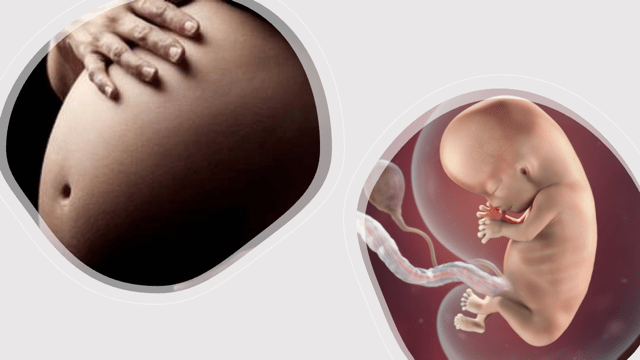Ageing plays an important role in our lives especially when it comes to female infertility. As a woman advances in age the ovarian reserve becomes depleted and the quality of the oocyte (or developing egg or egg cell) is reduced. These combined to limit the chances of getting pregnant either naturally or through in vitro fertilisation (IVF).
Spermidine is an anti-ageing molecule originally isolated from semen but is also found in cereals (rice, wheat, corn, etc.), and legumes (beans, soybeans, peanuts, etc). The molecule plays a role in memory and cognitive enhancements and is involved in preventing age-related diseases such as cardiovascular disease and dementia. Spermidine has also been reported to improve longevity in yeast, flies, worms and immune cells.
Join our WhatsApp ChannelA recent study by Yu Zhang and coworkers, which was published in the 16 October 2023 issue of the journal, Nature Aging, shows that the molecule may reverse reduced fertility in aged mice.
The study revealed that the ovaries of older mice had less spermidine, poor quality oocytes and degenerate follicles (ie small sacs, which hold the oocytes and release them during ovulation) compared with younger aged mice.
When spermidine was injected into older mice or simply giving them spermidine-laced drinking water, the oocytes developed quicker with fewer defects, and there was an improvement in follicle development, when compared with the control group of older mice without spermidine supplement.
The improved oocyte quality recovery in older mice given spermidine was found to be due to the enhancement action of spermidine on mitophagy activity and mitochondrial function (ie the removal of damaged mitochondria for efficient maintenance of cellular functions).
Mitochondria are energy-generating organelles found in most Eukaryotes such as animals, plants and fungi. The generated energy is in the form of adenosine triphosphate (ATP). Cells in the body use this ATP as a chemical energy for maintenance and carrying out essential functions. One of the consequences of ageing, which is still debatable, is mitochondrial dysfunction due to the accumulation of highly toxic reactive oxygen species (ROS). Therefore, the removal of damaged mitochondria is an essential function.
The cellular clean-up activity by spermidine as seen in older mice, was also replicated in the oocytes of older pigs placed under oxidative stress. This, therefore, suggests consistency of spermidine’s mechanism of action across a wider range of species.
Fertilised eggs form clusters of dividing cells. This early stage of embryo development is called blastocyst. Older mice given spermidine had a greater rate of blastocyst formation and also produced twice as many young per litter as did the control group of ageing mice without any spermidine supplementation. Thus, spermidine improved female fertility.
READ ALSO: Dear Ladies, This Can Cause Infertility
The study identified spermidine as an important metabolite required to protect oocytes against ageing in ovaries. Taken together, the findings suggest that spermidine intake could be therapeutic for improved oocyte quality and female fertility and that the intake of the molecule could be beneficial to women trying to conceive at an advanced age.
But before you rush off to binge on spermidine tablets (sold locally in shops and pharmacies), be warned that the safety dosage in humans to bring about these aforementioned benefits, are yet to be determined as well as the associated side effects. In the meantime, it is best advised to stick to consuming naturally spermidine-rich foods (cereals and legumes). But above all, always stick to your doctor’s advice.




















Follow Us